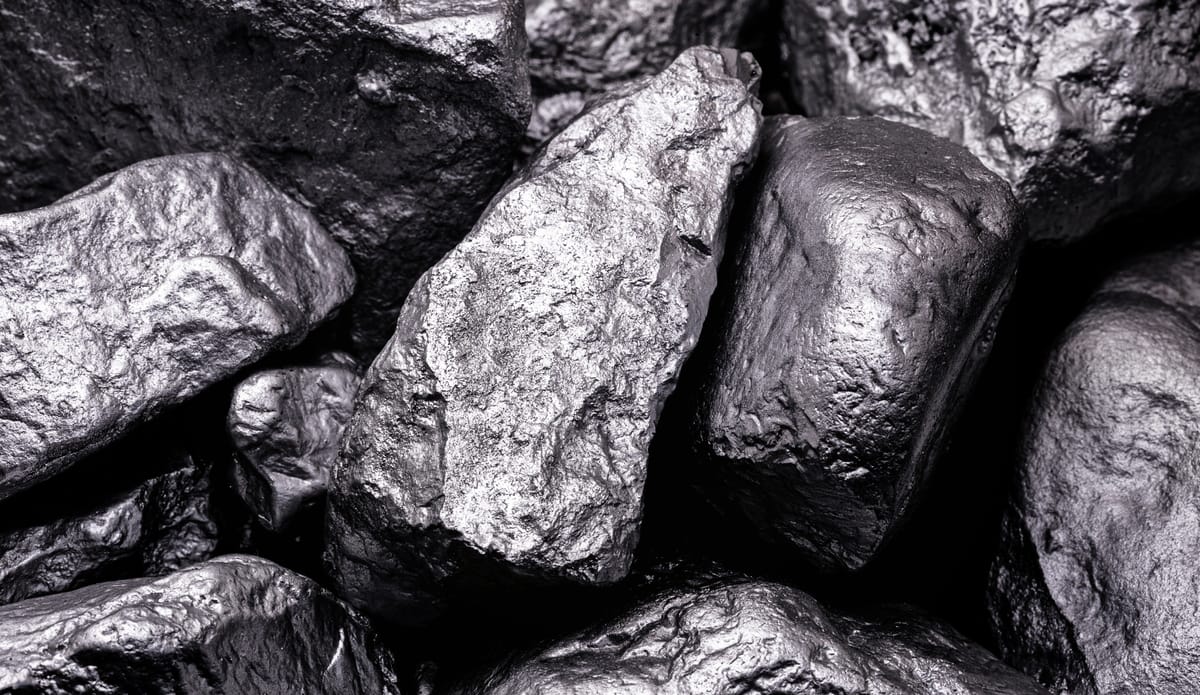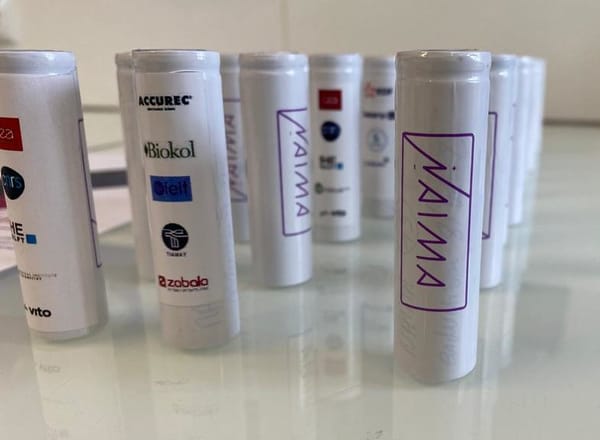
EU critical raw materials plan stalls in Czechia, Poland, Slovakia
In a quiet industrial zone near Pardubice, east Czechia, the future of Europe’s battery autonomy may be buried in a hill of toxic waste.
The Chvaletice Manganese Project, led by Canadian-listed Euro Manganese, aims to extract high-purity manganese from decades-old mining tailings without opening a single new mine.
Touted as a model of circular resource use and low-impact extraction, it is also the only Czech site included on the European Commission’s list of Strategic Projects under the Critical Raw Materials Act (CRMA).
But despite EU endorsement, the project has yet to secure full permitting. Like other strategic CRM efforts across Central and Eastern Europe (CEE), Chvaletice is emblematic of the policy-delivery gap haunting the bloc’s transition ambitions.
As geopolitical competition over critical raw materials intensifies, the EU has moved to reduce dependence on Chinese and Russian supply chains through legislation, green industrial policy and strategic investment.
The CRMA commits the bloc to sourcing 10% of raw materials domestically, processing 40% in Europe, and recycling 15% by 2030. However, in CEE countries, where multiple CRMA Strategic Projects have been named, slow permit issuance, weak public investment, and minimal national ownership threaten to undermine the bloc’s industrial resilience and green transition goals.
Chvaletice remains CEE's anchor project
Chvaletice is the most advanced critical raw materials project in CEE. The site proposes to produce 50,000 tonnes of battery-grade manganese sulphate annually through the reprocessing of legacy mine tailings. This would make it the EU’s sole local supplier of high-purity manganese, a key input for lithium-ion batteries.
The project is backed by the European Investment Bank and EIT InnoEnergy, and was granted Strategic Project status by the European Commission (EC) in March 2024. Euro Manganese’s feasibility study was published in July 2022, but as of July 2025, construction has not begun. The company continues to await final environmental approvals and grid access confirmation.
“We believe this project can become a model for clean, domestic, circular CRM supply in Europe,” Euro Manganese CEO Matthew James said in March.
National gaps in fast-tracked permit laws
The CRMA entered into force in May 2024, promising simplified 27-month permitting timelines for Strategic Projects. But that provision has not yet been transposed into national law in Czechia, Slovakia, Poland or Hungary.
The Czech Ministry of Industry and Trade has not confirmed when fast-track permitting for Chvaletice will begin. In Slovakia, Magnon Green Energy’s proposed rare earth separation plant near Nitra remains at the concept stage. Poland has several lithium and rare earth projects listed under CRMA, but no lead project has secured approval or financing.
According to analysis published by Penta Group, despite CRMA’s fast-track permitting promises, designated Strategic Projects across the EU - including CEE - face deep "technical, financial, social, and geopolitical" hurdles that risk delaying construction and undermining timely delivery.
Funding asymmetries remain stark
The International Energy Agency’s Critical Minerals Outlook 2024, published in May 2024, found that the EU allocates only 0.05% of GDP to CRM development. This compares to 0.2% in the United States and 0.39% in Australia. CRM-related capital expenditure in CEE countries remains focused downstream, with public support prioritising electric vehicle battery factories over upstream extraction and processing.
Poland’s National Recovery Plan lists CRM localisation under its green transition pillar but provides no dedicated investment vehicle. Czechia’s RRF chapter refers to CRM as a strategic asset but earmarks no national funding. Hungary’s government has not made any public CRM-related commitments since the CRMA entered into force.
According to the GLOBSEC Innovations in Critical Materials report, published in April, “CEE will remain structurally import-dependent unless CRM strategy becomes an explicit national economic priority.”
Dependency risk still acute
The EU remains heavily reliant on China for processing. China accounts for over 80% of global rare earth refining and nearly 100% of natural graphite processing. In July, the Chinese Ministry of Commerce added more CRM classes to its export control list, including gallium, antimony and certain grades of manganese.
AMG Lithium is the EU’s first factory to make the lithium hydroxide used in many car batteries. AMG Lithium CEO Stefan Scherer told The Guardian that the EU "may as well be province of China" due to reliance on imports, as he urged Europe to become more self-sufficient in critical raw materials and new technologies.
The European Raw Materials Alliance (ERMA) has meanwhile called for a “continental-scale investment surge” to avoid strategic dependency. In an updated position paper on 5 April, ERMA urged member states to streamline permitting, ringfence funding and coordinate domestic industry consortia to de-risk upstream CRM investment.
Delivery will determine impact
The EC plans to update the Strategic Projects list in early 2026. Whether any CEE projects will move into construction by then will depend on legal alignment, investor certainty and national political will.
For now, Chvaletice remains the region’s only serious contender. “Brussels has recognised the urgency,” James said. “But unless national systems accelerate, these projects will miss the transition window.”


